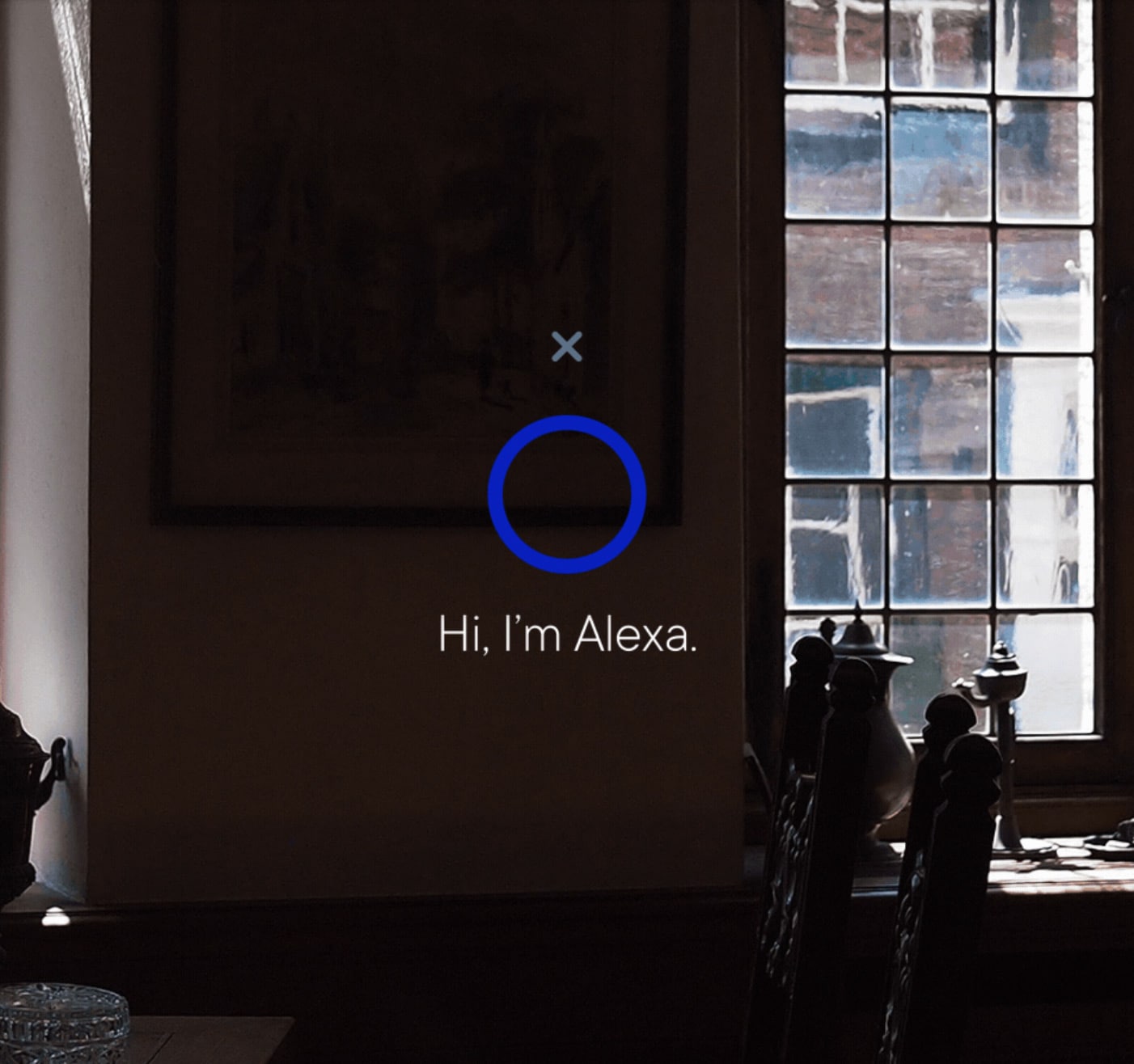Amazon is on a race to collect every bit of your offline information

We’re but a few weeks into the new year and it’s already apparent that Amazon’s ambitious goal for 2019 is to literally inhabit our lives by implementing its vocal assistant Alexa in an increasing number of home devices and wearables. From January 8 to January 11, CES 2019 (one of the world’s biggest tech fairs for consumer technologies) took place in Las Vegas. Alongside the showcasing of some of the most cutting-edge technologies that are about to hit the market, what caught the attention of the press was Alexa’s ubiquitous presence within a considerable amount of products; even within the most unexpected.
Forget about Alexa’s usual spherical aesthetics, Amazon has now launched the Alexa Connect Kit, which is a single chip that enables the AI assistant to be easily integrated within different devices, opening up a whole new spectrum of possible integrations that were otherwise unthinkable. ShadeCraft, for instance, is a new tool that users voice assistance to control garden parasols (yes I know, not the cutting-edge technology you had in mind), and in order for you to lounge in the sun or shade without moving even a finger, Alexa was apparently the best solution.
But what is leading the way of Alexa’s integration with wearable technology—and with that officially becoming an extension of our body—are products like Focals. “Focals come with Alexa built-in. Ask Alexa to play music, hear the news, see the weather, control your smart home and more.” Reads North’s website, the brand behind the custom-built glasses with an invisible display on the lenses (now this is a cutting-edge invention), which is constantly connected with all your apps, subscription accounts, social media and of course, with Alexa integrated in its system in order to make all of these communications smoother.

The popular voice helper was not alone at CES however. Alexa was indeed often debuting the same products with its arch-nemesis the Google Assistant. Curiously enough, Google also just launched the Google Assistant Connect, which is basically the same chip-based tool proposed by Amazon for easy and seamless integration across IoT.
But despite the fact that the Google Assistant has an arguably more accurate search engine (no one competes with Google when it comes to search), as outlined by BBC Technology Desk writers Chris Baraniuk and Leo Kelion, Alexa is still leading the game. According to the Verge, Bezos’ goldmine is estimated to contain almost half of the global smart speaker market with 41 percent of the share, while Google dominates a mere 28 percent in comparison.
Voice helpers are set to become the next organic step in how we humans will communicate via and with machines, and Amazon—with Google just behind it—is making sure its assistant will lead this next step. While previously both internet tycoons were collecting data that we were freely publishing on the internet, with their new integrations, Amazon and Google are now accessing information that belongs to our day-to-day lives offline; information that is otherwise not published online, and that’s a big lump of new personal data for these companies to capitalise on.
As the connected IoT trend grows bigger—penetrating into an increasing (and at times absurd) range of objects, furniture, and accessories inside our most private places—it is crucial that we, the consumers, are aware that with supposed ease and connectivity comes the next step of the invasion of our privacy and the monetisation of our data by some of the world’s biggest private conglomerates.




